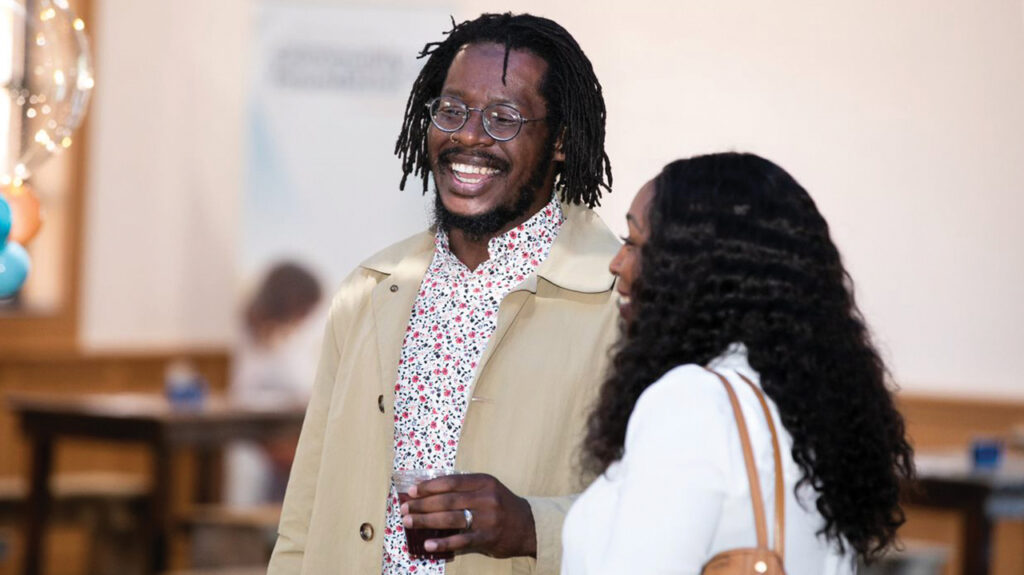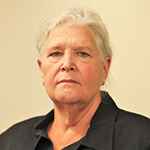Kraft Heinz to invest $60 million in its Muscatine plant
QCBJ News Staff

Young Lions Roar Director Aubrey Barnes, left, and Quad Cities Chamber CEO LaDrina Wilson share a laugh during a recent QC Community Foundation event. CREDIT QUAD CITIES COMMUNITY FOUNDATION
The Quad Cities Community Foundation is laying the “building blocks” for its new Center for Nonprofit Excellence with help of philanthropic leaders and the inaugural director of the center by and for nonprofits.
If all goes as planned, the center could be ready to serve the nonprofit community by early 2024.
Area donors and nonprofits…

Get immediate, unlimited access to all subscriber content and much more.
Learn more in our subscriber FAQ.
Do you want to read and share this article without a paywall?
